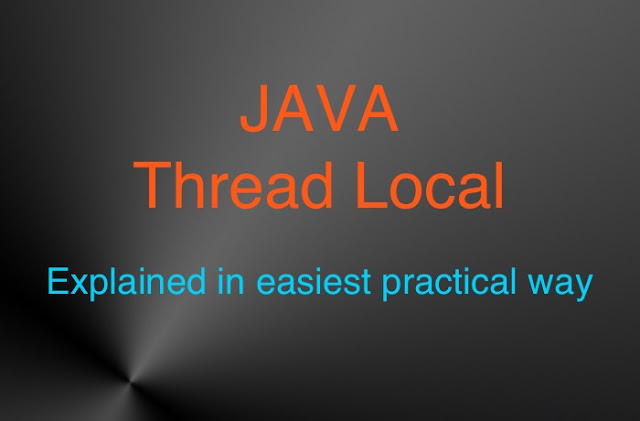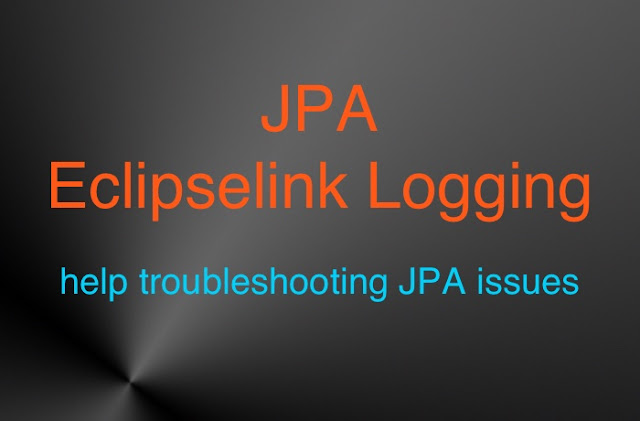Java Thread Local Storage explained in easiest practical way

One of the cool feature of Java that I like is ThreadLocal storage. ThreadLocal storage is explained in easiest way with practical example in this blog. ThreadLocal is a class in java.lang package which provides a way to store and access data of any type per thread, which means each thread will have it's separate instance of the data. During execution of a thread, one class can set data in ThreadLocal and other classes further down in the execution layer can access/read the data, as long as execution in within same thread. It is important to know that ThreadLocal data set by one thread is not visible or accessible in another thread. That the core concept of ThreadLocal storage. The way to use ThreadLocal is declare a static property of type ThreadLocal where T is type of the data we want to store. It's static so that it easily accessible in classes wherever needed. You can declare it public, private or whatever make sense in your usecase. Usually declaring it as
